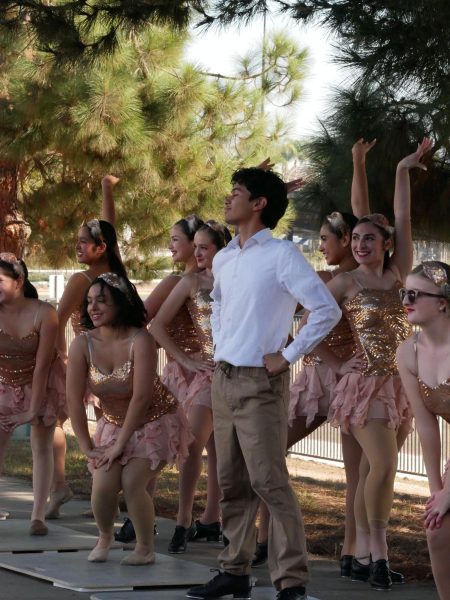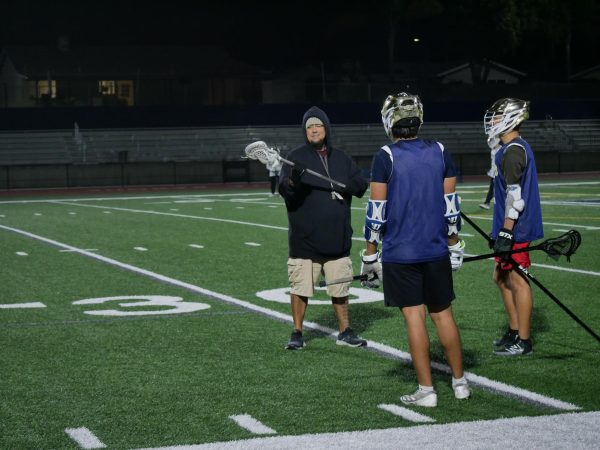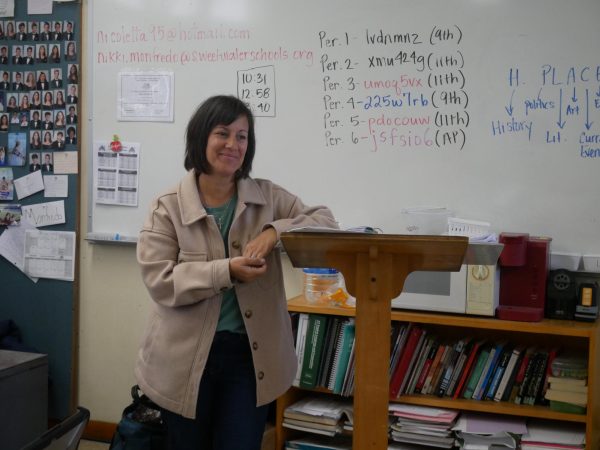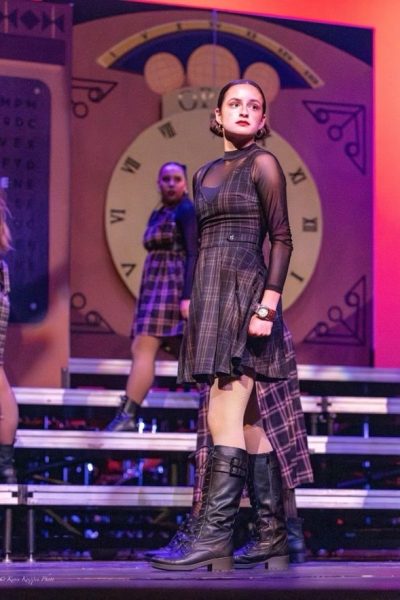Teacher’s say: Issue 3
Do politics belong in the classroom?
Every issue, the Crusader asks several BVH teachers a question about a topic that is valuable to the BVH community. Due to the current events that recently occurred, such as the Capitol Riot, some teachers discussed politics in their classrooms. We decided to ask teachers about their opinions on whether teachers should advocate for a specific position on political matters.

No! Because teachers are authority figures with control over grades. Students can be unduly influenced to think a certain way or may be unwilling to share what they really think for fear of a bad grade or verbal rebuke.

I think there are specific aspects of politics that should be discussed in the classroom. However, I do not believe teachers should give their personal political opinions. Teachers can explain how to do accurate research on political topics or ballot candidates/issues. From that research, students can determine how to vote based on their personal beliefs and what they think is best for their city, state and country. However, teachers have a ‘captive audience’ in their students and hold too much influence.
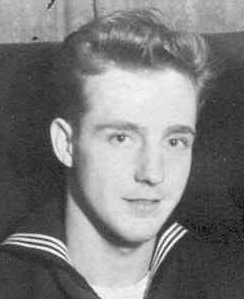
It is not my place to tell other teachers how to teach. The purpose of ‘teacher tenure’ is to allow teachers to discuss issues without the fear of recrimination or punishment by administrators or the community. Every issue has at least two sides and I do my best to present both sides of every issue while hiding my personal preferences. I sometimes feel uncomfortable presenting the side of an issue with which I strongly disagree, but my discomfort is the price for free thought. There is a difference between education and indoctrination. I believe in Aristotle’s Nicomachean Code, and I try to teach these ideas to my students.

I believe that politics belong in the classroom like any other topic that affects our lives. Students need to be aware of political issues that affect them and be educated on both sides of an issue in order to form an educated opinion and eventually participate in the political process by voting, volunteering or being activists and agents of change. If we don’t talk about politics and their effect on society in the classroom, then students will not be equipped to deal with these issues in real life and may resort to dubious or biased sources to get information.
To see their full responses, read below!
Integrated Mathematics (IM) 2 and Compacted IM 3/Pre-Calculus teacher Janice Cook
I think there are specific aspects of politics that should be discussed in the classroom. However, I do not believe teachers should give their personal political opinions. Much of voting is an exercise in critical thinking and logical reasoning. Teachers can explain how to do accurate research on political topics or ballot candidates/issues. From that research, students can determine how to vote based on their personal beliefs and what they think is best for their city, state and country. However, teachers have a ‘captive audience’ in their students and hold too much influence. Therefore, I believe teachers’ personal political opinions should be withheld.
The number one thing I tell students about voting is that it is NOT a test. It’s OK to leave things blank if you don’t know anything about the candidate or issue.
US Government and World History teacher Frank Schneemann
It is not my place to tell other teachers how to teach. The purpose of ‘teacher tenure’ is to allow teachers to discuss issues without the fear of recrimination or punishment by administrators or the community. In my classes we often discuss issues but I never advocate for one side of an issue. I go out of my way to hide my personal opinions from my students. Every issue has at least two sides and I do my best to present both sides of every issue while hiding my personal preferences. I encourage my students to consider both sides of an issue and then discuss the issue with their parents before making up their minds. I sometimes feel uncomfortable presenting the side of an issue with which I strongly disagree, but my discomfort is the price for free thought. There is a difference between education and indoctrination.
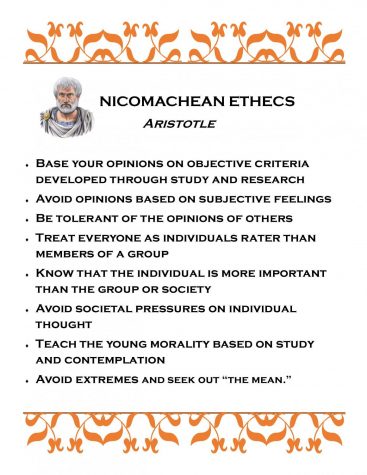
I also believe very strongly in free thought. I am dismayed by the fact that people are now being criticized for what they think. The government should not be in the business of telling people what to think or how to talk. It is dangerous for the government or educators to pass judgment on the opinions and thoughts of other people. Colin Kaepernick is a good example; I was in the Korean War and my Uncle Joe was killed in World War Two. It hurts me to see Colin Kaepernick disrespecting the American flag and the national anthem. Yet Kaepernick is exercising his First Amendment right to ‘free speech’ and he should not be criticized for exercising that right. In fact, I admire him for being a free thinker, even though his behavior is hurtful to me.
I believe in Aristotle’s Nicomachean Code, summarized in an attachment to this email, and I try to teach these ideas to my students. I guess we could get into a philosophical discussion as to whether or not my advocacy for American values and the Nicomachean Code is a form of indoctrination. I guess it is but it is done with respect for the opinions of others who may disagree with me.
French 5-6, International Baccalaureate (IB) Spanish, IB French and AP French teacher Marina Dillingham
I believe that politics belong in the classroom like any other topic that affects our lives. Students need to be aware of political issues that affect them and be educated on both sides of an issue in order to form an educated opinion and eventually participate in the political process by voting, volunteering or being activists and agents of change. If we don’t talk about politics and their effect on society in the classroom, which is a safe space to discuss different views and perspectives, then students will not be equipped to deal with these issues in real life and may resort to dubious or biased sources to get information. The reason we have some incredib[ly] incompetent politicians in Washington today like Rep. Marjorie Taylor-Greene is because we have long avoided discussing politics in the classroom, and as a result, we have entire generations of people who have grown up uninformed or misinformed. In other countries, politics are not a ‘taboo’ topic in high school as it is here. High school students routinely discuss political issues in school, join political movements and get involved in trying to effect change. Look at Greta Thunberg, for example. I guarantee she was allowed to discuss politics and political issues in high school. We do have some young American activists like Desmond Napoles, Marley Diaz and Jamie Margolin who I’m sure have discussed and shared their political views in school. Why shouldn’t we?
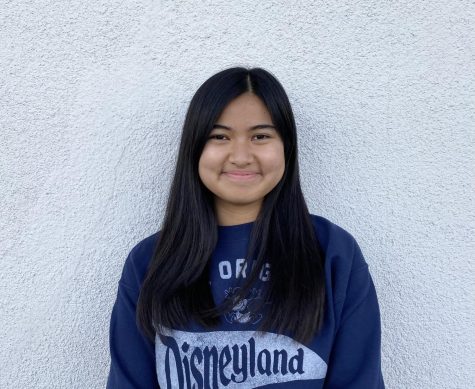
I am a senior at Bonita Vista High and a third year staff member on the Crusader. This year, I am co-Editor-in-Chief, and previously was Opinion Editor...

